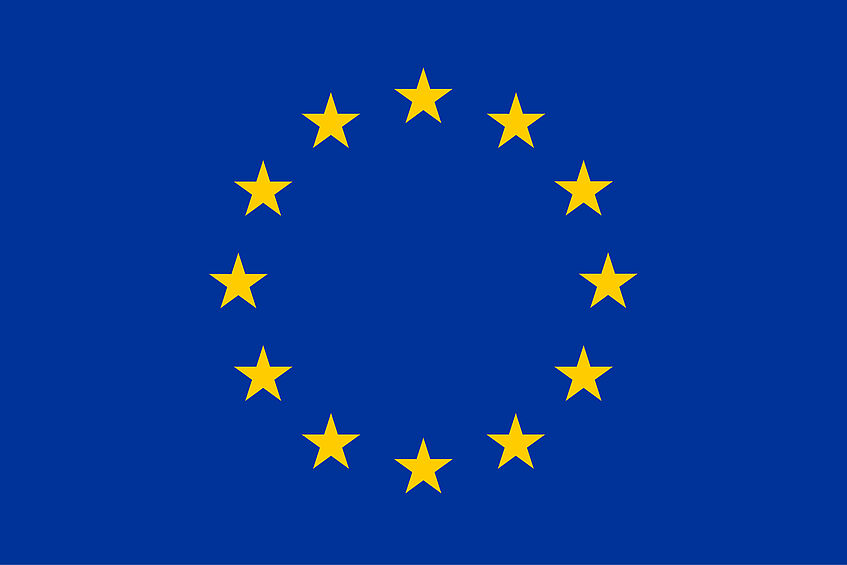Duration 08/2018-07/2021
Re-emerging Magic Molecules
The Medicalization of Psychedelics in the United States (ReMedPsy)
Researcher: Claudia Schwarz-Plaschg
Supervisor: Ulrike Felt
Project Description

Project Description
The project researches how scientists and other actors currently try to re-frame psychedelic substances in a scientific model to make them into licensed medicines in the United States (U.S.) and beyond. Psychedelics such as psilocybin (the active ingredient in so-called magic mushrooms) or LSD have been highly controversial since their first introduction into Western science and broader culture. Although early research from the 1950s and ‘60s indicated promising psychiatric applications, Western governments began to see psychedelics as a threat to public health and the social order in the mid-1960s, when these substances were increasingly consumed in recreational settings rather than laboratories. As a result, psychedelics were made illegal by placing them into the most restrictive drug category, ascribing them a high potential for abuse and no currently accepted medical use. After coming to an almost complete standstill for several decades, psychedelic research is slowly re-emerging since around 2000, highlighting again that psychedelics may have potential for treating mental health problems such as addiction, depression, anxiety, or PTSD. Phase III clinical trials with both MDMA and psilocybin start in the U.S. in 2018, which represents the last step to gain approval from the U.S. Food and Drug Administration to use these substances legally in drug-assisted psychotherapy.
The project investigates how this research revival challenges existing legal classifications and tries to harness the medical benefits of psychedelics for society. Using the lens of STS, it aims to trace the ways in which the medicalization of psychedelics is fostered through specific actor configurations, fundraising activities, the production of credible scientific knowledge, sociotechnical imaginaries, as well as broader sociopolitical and value-related changes. Its main research objectives are to explore
(1) how U.S. actors in the re-emerging field of psychedelic science align and produce scientific knowledge that is both shaped by and aims to shape regulatory decision-making,
(2) the ways in which psychedelic research activities are fueled by and enact personal and collective visions of why and how to re-integrate psychedelics responsibly into society and
(3) how U.S. psychedelic research is embedded and connected globally, as well as gain first insights into how psychedelic research and regulation in the U.S. and Europe mutually impinge on each other.
Via this exploration, the project will enable a better understanding of the epistemic, institutional, and sociopolitical processes as well as societal visions that contribute to the emergence, stabilization, and diffusion of the U.S.-driven psychedelic research field in the 21st century. Moreover, the project seeks to provide timely policy recommendations with regard to drug and public health policies.
Research Approach
Using a qualitative research methodology, the project focuses on three molecules that are at the center of contemporary research in the U.S. (the country currently at the forefront of psychedelic research and medicalization attempts): MDMA, psilocybin, and ketamine. The empirical research focuses in particular on U.S. clinical trials with these substances. Each “molecule case study” consists of field site visits at central research groups, organizations and advocacy networks in the U.S., where qualitative interviews with scientists, fundraisers, and advocates will be conducted. Psychedelic science conferences represent another field site where current developments and future visions of psychedelic research and its (imagined) impact on society are observed.

This project has received funding from the European Union's Horizon 2020 research and innovation programme under the Marie Sklodowska-Curie grant agreement No 788945.
